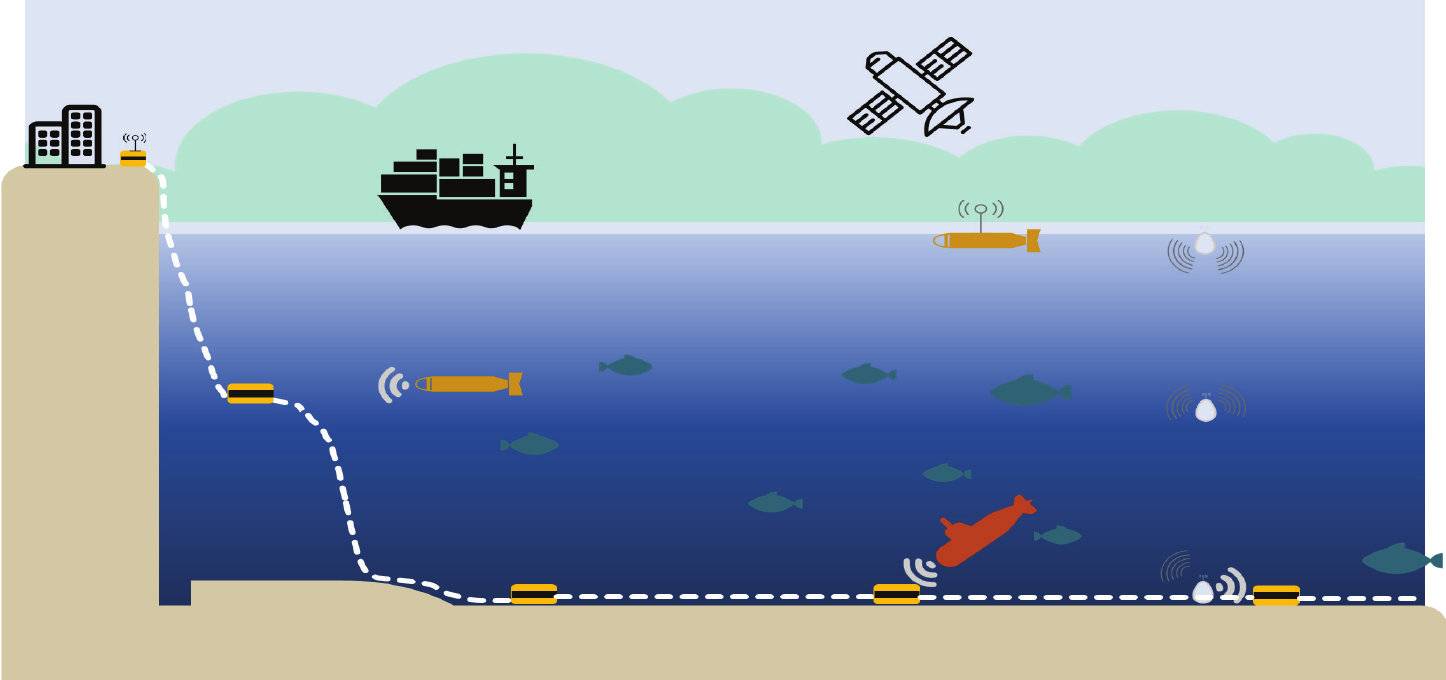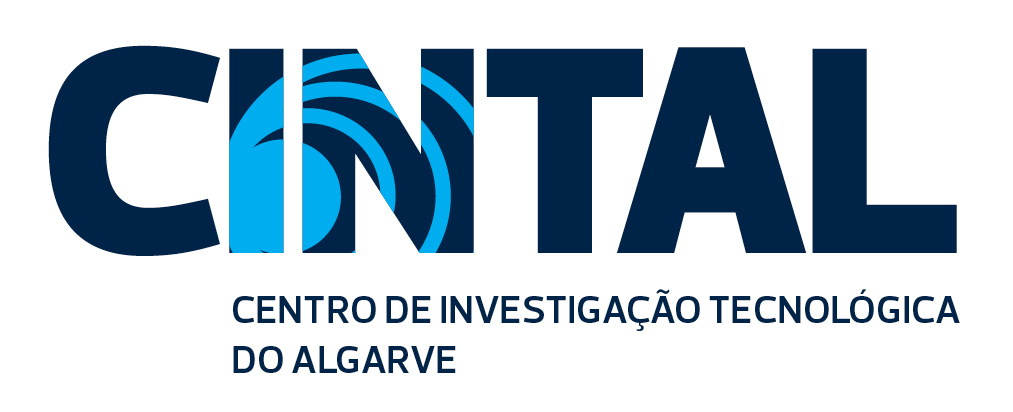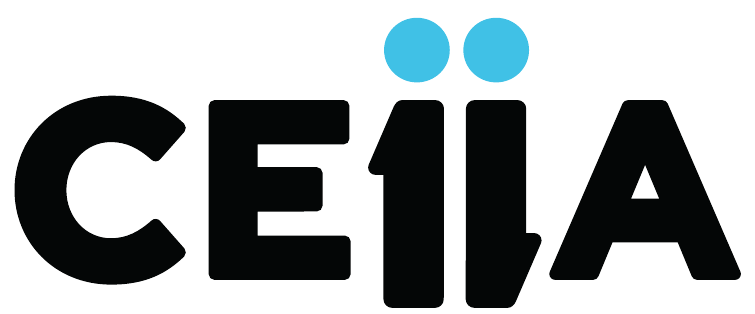|
You are not Logged in! Log in to check your messages. |

|
|
Check todays hot topics |
Web2Project Sign in
K2D project

K2D - Knowledge and Data from the Deep Space
K2D is funded by FCT under the MIT-Portugal program research collaboration within the AIR Centre program. Our vision is to make feasible the usage of telecommunications submarine cables for ocean observation and monitoring, through the development of the electronic components and sensors for collecting complex and extensive physical, chemical, biological and environmental parameters. This project is funded with approximately 1.5 Meuro for 36 month contract no. 045941). Starting date: 1-July-2020. Partnership: DSTelecom (coordinator), ASN-Alcatel Submarine Networks, CMEMS/U.Minho, CINTAL, ISISE/U.Minho, CEiiA, U.Azores, AIR Centre, INESC-TEC and MIT. People involved from CINTAL/SiPLAB: S.M. Jesus, A.J. Silva, R. Viegas, R. Duarte and F. Zabel. [more...].
Positions available:
PhD student - announcement PT, ENG, Research Grant
Posdoc - announcement PT, ENG, Research Grant
Abstract:
Submarine cables for both communications and power transmission
represent nowadays an essential underwater infrastructure that
connects the five continents. In 2014, 285 submarine cables were
delivered with a combined length of 885139.2 km. Until today, these
cables were only seen as the essential and undisputed alternative
to transmit data or energy across the oceans, connecting offshore
OEC, islands or different continents. However there is a great
potential in the idea of converting these into multifunctional
infrastructures, taking advantage of their existence, replacement
or new deployment to perform additional functions. In particular,
these can provide a sound infrastructure to deploy an innovative
submarine monitoring and data retrieval system that can support
crucial tasks related to the mapping and monitoring of the deep sea.
Submarine cables are designed to last at least 25 years. Despite
the planned new routes there are several cables that will need
replacement in the next decade. The replacement operations can offer
good opportunities to enable theses infrastructures with additional
features, making them more useful and providing a solution that may
well become a stepping stone in ocean monitoring coverage, at the
expense of a minor investment increment.
FDECO (Forward Deployed Energy and Communications Outpost) is an
Office of Naval Research (ONR) research and development program
that was designed to provide refueling and data transfer stations
for unmanned underwater vehicles. Two of the most challenging
difficulties faced by autonomous underwater vehicles are limited
endurance and difficulties transferring the data collected by
the UUVs. As stated by the U.S. Navy's UUV Master Plan dated
November 2004, "undersea docking stations for recharging batteries
and extracting data should be viewed as long term options.” In this
context, although the potential is huge, the complexity of the
concept proposed within its details is considerable, therefore there
is the need of a great initial effort to reach the potential stakeholders
and exchange ideas about previous experiences and difficulties faced.
Therefore this application proposes a one-year workplan to design and
present the concept idea, in close relation to the various stakeholders,
the existing ones and the ones to be identified.
Partnership
Main contractor
DSTelecomPartners
AIR CentreAlcatel
MIT





